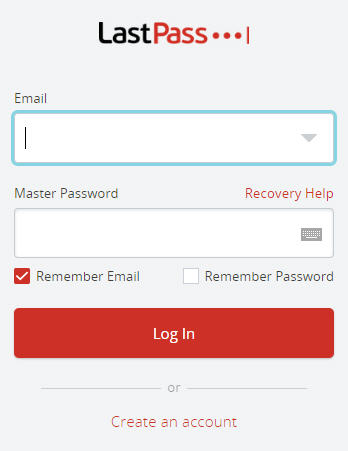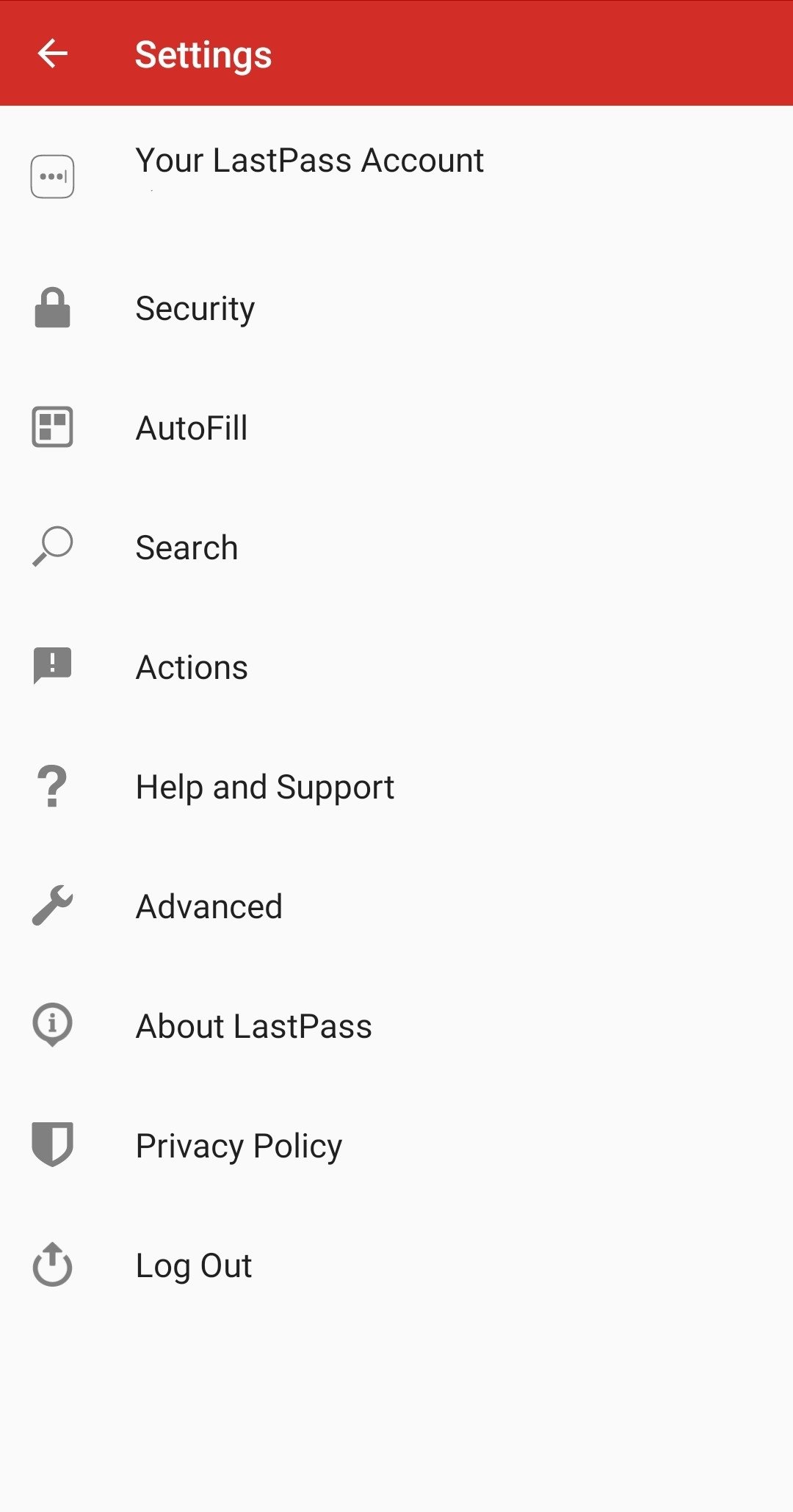
#Lastpass gen password#
However, Gen Z is also more likely to recognise that using the same or similar password for multiple logins is a risk, but they use a variation of a single password 69% of the time, alongside Millennials (1981 –1996) who do this 66% of the time. Gen Z is confident when it comes to their password management, while also being the biggest offenders of poor password hygiene. As the generation who has lived most of their lives online, Gen Z (1997 – 2012) believes their password methods to be “very safe”. They are the most likely to create stronger passwords for social media and entertainment accounts, compared to other generations.While the majority of professionals surveyed claimed to be confident in their current password management, this doesn’t translate to safer online behaviour and can create a detrimental false sense of safety. The findings highlighted a clear disconnect between high confidence when it comes to their password management and their unsafe actions. The survey, which explored the password security behaviours of 3,750 professionals across seven countries, asked about respondents’ mindset and behaviours surrounding their online security. The goal of the LastPass Psychology of Passwords research is to showcase how password management education and use can secure users’ online lives, transforming unpredictable behaviour into real and secure password competence. In addition, LastPass found that while 65% of all respondents have some form of cybersecurity education – through school, work, social media, books or courses – the reality is that 62% almost always or mostly use the same or variation of a password.



Regardless of generational differences across Boomers, Millennials and Gen Z, the research shows a false sense of password security given current behaviours across the board. LastPass has released findings from its fifth annual Psychology of Password findings, which revealed even with cybersecurity education on the rise, password hygiene has not improved.


 0 kommentar(er)
0 kommentar(er)
